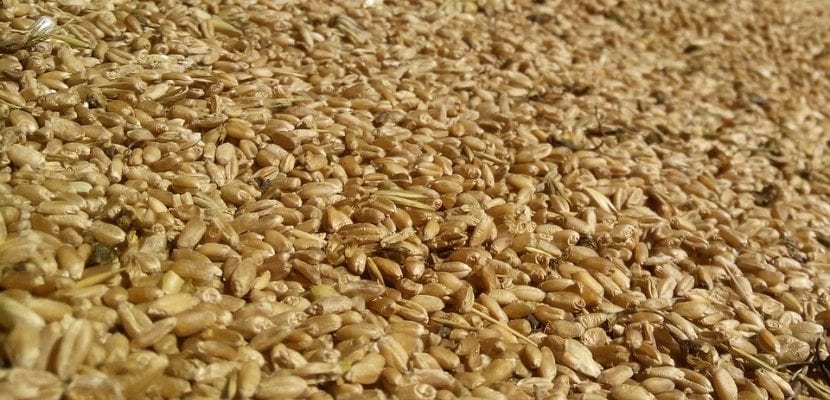
It is a yellow seed similar to a cereal grain, it is characterized by being very rich in essential nutrients that maintain good rates in our general health. It is prepared in a similar way to rice or quinoa.
It's a grain rich in fiber and with anti-inflammatory properties, perfect for people allergic to gluten since it does not contain it.
It cooks like rice over low heat and absorbs all the water. Its result is a very soft and nutritious dish, a good option as a main dish. Perhaps you never thought of including millet in your dishes, however, do not question this rich food and read carefully what its best qualities are.
Millet properties
It is a good source of B vitaminsThese help our energy metabolism, increase the activity of enzymes, regulate the nervous system and help the production of red blood cells.
It is characterized by notably increasing the levels of magnesium, essential for a good muscular and nervous function. In addition, the potassium, copper, zinc and manganese it is also very present.
As we mentioned it is a ideal food for celiacsIt is gluten-free and you can get a flour by crushing the seeds.
On the other hand, it is a good vegetarian option Since it offers a large amount of vegetable protein, a cup of millet provides us with 6 grams of protein.
Benefits of consuming millet
Consuming these little seeds can help us reduce the risk of chronic diseases, contain phenols that act as antioxidants and help improve the oxidation of cells produced by free radicals.
This is because it is a good antioxidant food, prevents the appearance of degenerative diseases, such as cancer, diabetes or osteoporosis.
As we mentioned, it can be used as if it were rice, it contains high fiber content, ideal for diabetics because they avoid high sugar pizos. Decreases insulin resistance, its consumption is usually promoted when it comes to people suffering from type 2 diabetes.
Finally, you have anti-inflammatory properties, so it is not a bad option when you suffer from stomach bloating, ulcerative colitis, Crohn's disease, or certain reactions to medications. If inflammation is not controlled, it can cause occasional diarrhea or constipation. Thus, do not hesitate to consume millet seeds more regularly to avoid all these discomforts.